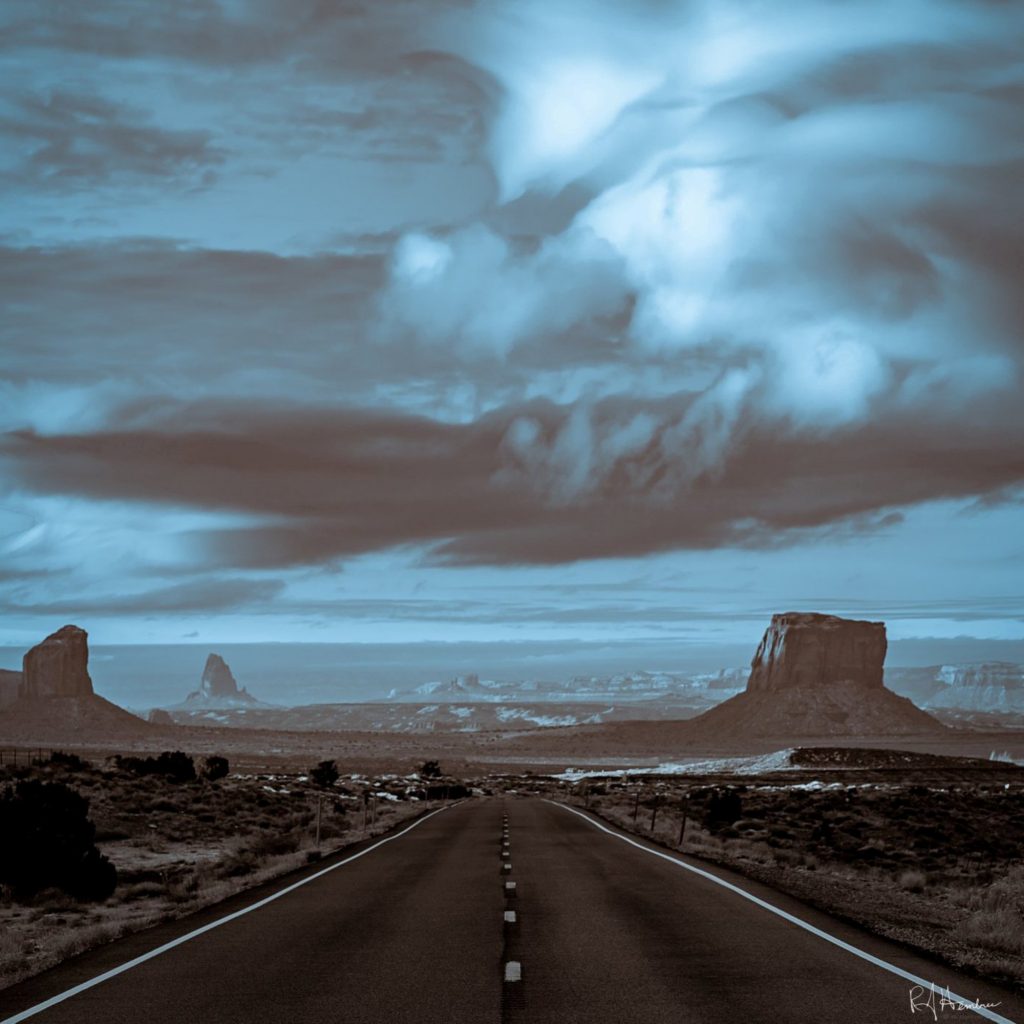…All Things Quicksilver Night
The year is effectively over – as is the decade – and I find myself reflecting on the year gone by and making plans for the year ahead.
Quicksilver Night released the three-song digital-only mini EP “Presque Vu” in May and then an unplugged version of “October Skies” from that EP in November. Featuring Meagan Finning (vocals) and Jason Cale (guitar), Quicksilver Night’s “Presque Vu” is a trio of drivingly melodic songs, progressive but rooted in classic rock with Celtic overtones and Gothic undercurrents. Available at digital outlets everywhere, go to https://quicksilvernight.hearnow.com/presque-vu
Most of my musical activity in 2019 beyond “Presque Vu” centered around the forthcoming “Asymptote” album. I talk further about that project in another section below.

As I posted to my facebook page on December 6th: “Here’s a screenshot from the final slide of Spotify for Artist’s online presentation of Quicksilver Night’s activity for 2019. It’s a nice year-end validation if nothing else. Thank you all for your support!”
By far the largest part of the activity represented by those metrics from the 98K cumulative streams of the “Presque Vu” mini EP that we released in May. I tried several different avenues of Spotify promotion with various degrees of success and I believe I know which of these to pursue with the release of the “Asymptote” album in 2020.

As I posted on November 30th, Quicksilver Night’s 2018 full-length album “Symmetry” album was nominated for a Friday Night Progressive 2019 Indeprog Award in the “Vocals” category and won third place from among a great many more nominees! I was humbly but very pleasantly surprised by this accolade. I’m especially proud of the title track “Symmetry” – featuring as it does the powerful vocals of Jon Boylan and the amazing fretwork of Farzad Golpayegani – and am happy that it was played on several Internet-based radio stations in 2019 and spent some time as my most-streamed song at both Spotify and Pandora.
“Symmetry” is available as a physical CD and download/streaming at multiple digital outlets via this link: https://quicksilvernight.hearnow.com/symmetry

Check out this excerpt of an amazing photograph “Into the Valley” by my friend Bob Hembree. Taken December 4, 2018 at Monument Valley, Utah, I’ve licensed this photo for use as the album cover of Quicksilver Night’s forthcoming all-instrumental “Asymptote” album.
Work continues apace on “Asymptote”: it is currently programmed to contain 14 songs at a total runtime of 59:01. As of now I have five of those songs essentially finished: “Mister Wizard” (feat. Jason Cale); “Power Curve” (feat. Jason Cale); “Brookside Interlude” (feat. Anne Epperly); “Trompe L’Coeur” (feat. Nazim Chambi & Anne Epperly); and “Hephaestus the Cuckold” (feat. Farzad Golpayegani). I have three more that are very nearly finished and only await final polishing by my collaborators: “Quicksilberdrachenlied” (feat. Milt Gore); “Dream Sequence Gunmen” (feat. Nazim Chambi); and “The Chase” (feat. Jeremy Barnes). I have heard samples of what these guys have done with those songs so far and they are unbelievable across the board.
As to the remainder, I just finished recording my guitars for three other songs: “Emelya Durák” (feat. Andrew Negoustorov); “Essere Con Te” (a working title, collaborator TBA); and “Dorian Gray” (another working title, featuring Jason Cale) and the song “Continuity” is in the capable hands of Gormuzik’s Gordo Bennett. For the record he wrote me on December 16th “I’ll iron out what I’ve got and work out more solid ideas before I waste your time with it then I’ll send it along for your approval” so I’m greatly looking forward to that. I also have another pair of untitled works currently being spun up at the hands of my co-producer – my friend and invaluable ally – Alex that will be recorded before January is out.
My goal is to make a trip out to Nashville in April and return with a completed album mixed to the premaster stage with one caveat: at that point, after I have everything sounding as good as I can reasonably expect and it’s otherwise ready for mastering, I intend to engage a professional drummer and bassist to re-track the drums and bass for the entire album. I will probably keep the MIDI-driven synthetic tracks but will mix them well-beneath the live tracks where they can provide subtle drive and layering beneath the real drums and bass, more felt than heard.
Also in the works, Farzad and I are in talks to produce a video to accompany the song “Hephaestus the Cuckold”; Farzad is an incredible visual and graphic arts wizard as well as a musical alchemist and the song suggests imagery that naturally lends itself well to Farzad’s surrealist/expressionist stylings. I will make further announcements on this front as they become warranted but at this point I’m fairly certain I want to go ahead with it and I am debating on whether to release the video ahead of the album and exploring the possibility of embedding a copy of the video on the CD itself. We’ll see.
So, to sum up, Quicksilver Night had some small degree of success in 2019 and I’m looking forward to the possibilities 2020 has to offer. Life is good; have a great year!


